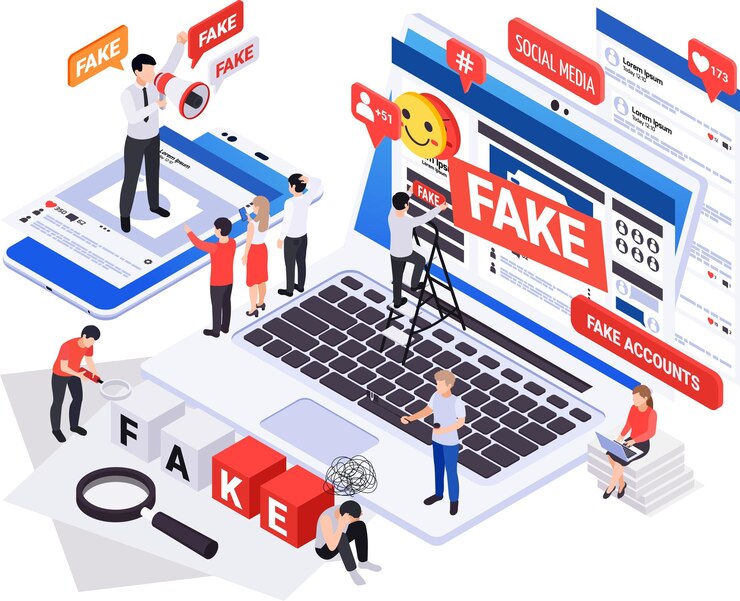The use of fake IDs, including fake driver’s licenses, presents not just a legal challenge but an ethical dilemma that permeates various layers of society. This issue forces us to confront questions about responsibility, integrity, and the societal norms that either discourage or inadvertently encourage the use of counterfeit identification. This article delves into the ethical considerations surrounding fake IDs, examining their impact on individuals and communities, and exploring potential paths towards a more ethical approach to identity verification.
Ethical Considerations
The Temptation of Access
At the heart of the fake ID dilemma is the temptation to access privileges or experiences before legally permissible. This desire often conflicts with societal expectations of honesty and integrity, putting individuals in a position where they must choose between immediate gratification and ethical conduct.
The Ripple Effect on Society
The use of fake IDs can have a ripple effect, undermining trust in the systems designed to protect public safety, such as age restrictions on alcohol consumption and driving. When these norms are flouted, it not only endangers the individual using the fake ID but potentially harms others through increased risks of accidents and underage drinking-related issues.
The Role of Society in Mitigating Fake ID Use
Shifting Social Norms
Addressing the ethical dilemma of fake IDs requires a societal effort to shift norms and values towards greater respect for the law and communal well-being. This involves challenging the perception that using a fake ID is a harmless rite of passage rather than a serious ethical breach.
Education and Awareness
Educational initiatives play a crucial role in shaping attitudes towards fake IDs. By incorporating discussions about ethics, legality, and the consequences of using counterfeit documents into educational curricula, young people can be equipped with the knowledge to make more informed, ethical decisions.
Legal vs. Ethical Responsibility
Understanding the Distinction
While the legal ramifications of using fake IDs are clear, the ethical responsibility is more nuanced. It involves recognizing the impact of one’s actions on the broader community and the importance of upholding societal standards for the greater good.
Encouraging Ethical Decision-Making
Encouraging ethical decision-making among young adults and teenagers requires positive role models and reinforcement of the value of integrity. Community leaders, educators, and parents all play a vital role in modeling ethical behavior and discussing the moral implications of using fake IDs.
Conclusion
The issue of fake IDs is entangled in a web of ethical considerations that challenge individuals and society to reflect on the values they uphold. Addressing this dilemma requires a multifaceted approach that includes legal enforcement, education, and a societal commitment to fostering integrity and responsibility. By confronting the ethical implications of fake IDs head-on, communities can work towards creating a safer, more trustworthy environment where the temptation of counterfeit identification is outweighed by the commitment to ethical conduct and mutual respect.




